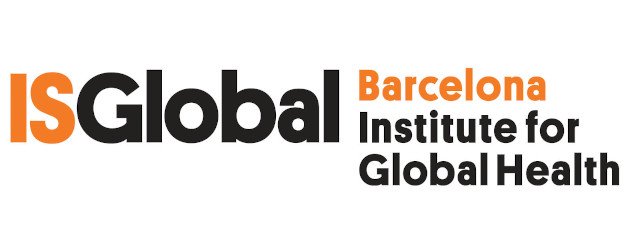Presentation
Human population has never been so healthy as now, but nature's ecological systems have been largely degraded in the process. There is an increasing awareness of how human health is deeply connected to that of the environment, yet it's not clear which will be the effects of enacting one policy or another on both human activities and planetary wellbeing.
We live in a complex, globalized world where several large-scale economic, social, technological and ecological systems interact at a deep level. Often the systems are inherently complex and uncertain and our knowledge of them is limited by, among others, partial knowledge, ignorance and conflicting world-views by different actors.
Thus, we are sorely in need of good interpretative models that offer possible policy suggestions and simulate their consequences - be it to be timely prepared for potential future risks, to choose among possible response to emergencies or to improve general well-being.
More generally, we believe that systems approaches are of paramount importance in effectively delivering sustainable, healthy cities and planetary wellbeing scenarios.
For these reasons, the aim of the IPER project is to create a simulator of several interconnected models using systems modelling tools, specifically agent-based simulations. In this first prototype, will concentrate mainly on air pollution, health and transportation in the metropolitan area of Barcelona. In order to determine the effects of different policies on this complex network of interactions, we will use massive scale agent simulation with advanced reinforcement learning methods. This will help all interested parties, being them academic researchers, policymakers or interested private companies to gain insights on the long-term effects of a policy.
Our main objective is to use this proof-of-concept for assembling an international multidisciplinary consortium that will prepare a proposal for upcoming European calls.
The primary goal of the wellbeing initiative in UPF is to increase knowledge and understanding of the set of complex, interrelated and system issues affecting the wellbeing of human, animals and the plant itself. As hinted in the Impact section before, we think IPER will be one of the key enabling technologies for the success of this initiative.
To understand complex phenomena, a model is needed which is complex enough to capture all the important relationships but simple enough so it can be easily used for predictions. Given the breadth and scope of the Planetary Wellbeing initiative, it is highly probable that the discussion will span several conflicting models such as, but not limited to: Economics, Health, Climate, Pollution Energy, Demographic, Transportation etc. Any such model will need to be accurately calibrated on data and different conflicting predictions will need to be reconciled. In our project we will build a state-of-the-art, transversal and multidisciplinary foundation that will facilitate the generation of insights needed for effective policy-making by the Wellbeing initiative.
At first, by requiring that the models are implemented in a simulation process, IPER ensures that the definitions of the model are fully specified and that all hypothesis and limitations are clear and explicit. Second, it will incentivize the creation of a repository of different models that could be used together, paving the way to a tighter collaboration between the different disciplines involved both internally and external to UPF such as economics and social science.
Finally, the focus on quantifying the effect of a given policy in scenarios, helps to compare the predicted effect of different options in an objective way.
This project is markedly interdisciplinary in its very nature. Among the many possible links we envision a strong convergence of efforts from:
- High Performance Computing - At its core, this project is very computationally oriented: massive scale simulations of software agents will take place during its course in the HPC cluster of UPF. This will push the limits of current technology.
- Health and pollution - Epidemiological models that describe relationships between air pollution health and consequent impacts for the health care system will be implemented in the simulations.
- Artificial intelligence and social science - We will apply reinforcement learning (RL) to the agents so that they can explore alternative scenarios for the future of human health in our society. Thanks to recent developments in deep learning, single agents RL have rapidly reached quasi-human performance in several difficult tasks. Additionally, multiple agents were able to master collaborative strategies in complex scenarios. IPER will test how thousands of interacting agents respond to changes in a policy enacted by a governing agency.
This marked multidisciplinarity is reflected in the participation in this project of two research groups BCNMEDTECH and ISGLOBAL.
- UPF-BCNMEDTECH - Will work on the computational infrastructure and on running the simulations with many agents that learns and adapts using artificial intelligence algorithms.
- ISGLOBAL - Will contribute data on pollution and mobility of the metropolitan area of Barcelona, together with AMB/ATM and IERM. Additionally, they will provide technical expertise on modelling the interrelationships between air pollution exposure and health.


